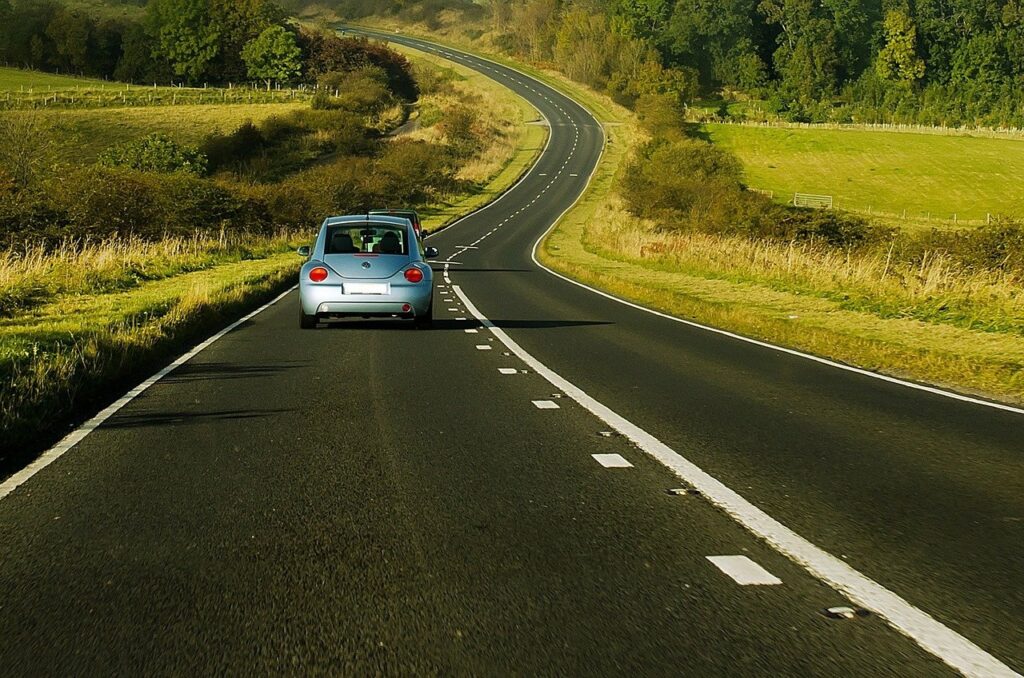Many people will agree that buying a new vehicle could well be one of the most expensive buys you make in your lifetime – next only to, say, buying a house or flat. The thing with purchasing a vehicle is that while it can be quite exciting, especially if you already have the vision of your dream vehicle, there are some practicalities to consider as well. You need to be practical when it comes to choosing your vehicle, and you also need to think about the expense, the value of the vehicle, your requirements, and more. So what are the real top aspects you need to remember when you buy a new vehicle? Let’s find out.
- Your budget
Your budget is essential because you need to be sure that you can afford the vehicle in the first place. Even if you are going for a personal loan or an agreement such as PCP or hire purchase, you have to be sure that you can make the monthly repayments, which can be hefty if your deposit isn’t big. If you establish your budget from the beginning, you can do away with the vehicles that will not fit your budget, making your search easier.
When thinking about your budget, think about the costs of running the vehicle. Even if you have the money to pay for the vehicle outright – and this is highly recommended since you don’t have the interest to deal with and you can take advantage of the best new car deals and a bevvy of discounts – you still have to consider other expenses associated with your vehicle. You have to deal with insurance, for one, plus road tax, maintenance, and fuel. It would be worth coming up with a contingency plan in terms of unexpected vehicle repairs as well.
- Think about the vehicle’s resale value
Here’s another consideration: the vehicle’s resale value. You should be realistic in regard to how long you would like to keep your vehicle. If you are planning, for instance, to keep it for only several years and then part with it by selling it, you may want to choose one that will be worth more than the average vehicle once you sell it. Some vehicles are better when it comes to holding on to their value, and a lot of variables can also affect the residual value of the vehicle. For example, even a low-spec premium vehicle such as a BMW may be worth more after three years than a high-spec non-premium car, such as a Ford. But remember this as well: non-premium models that are very popular, as well as fashionable vehicles, have also shown a definite improvement in residual value in recent times.
- Consider suitability to your needs
Of course, you should consider the vehicle’s suitability for your needs as well. Think long and hard about what you will be using the vehicle for – if it’s a family car, then talk to your family members about your choices. If you have small kids, would your child seats be compatible with your chosen vehicle, and are they comfortable? If you need a lot of boot space, consider this as well. You should also think about the vehicle’s fuel – while diesel vehicles are more expensive, they can offer better economy compared to petrol vehicles. Good luck, and happy choosing!

